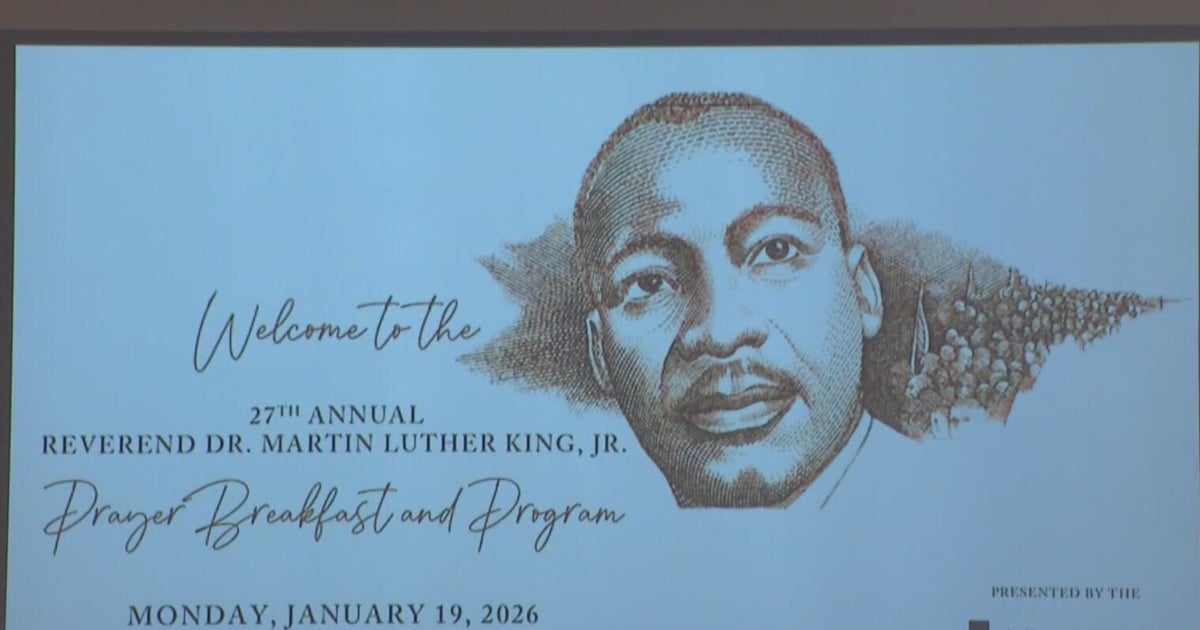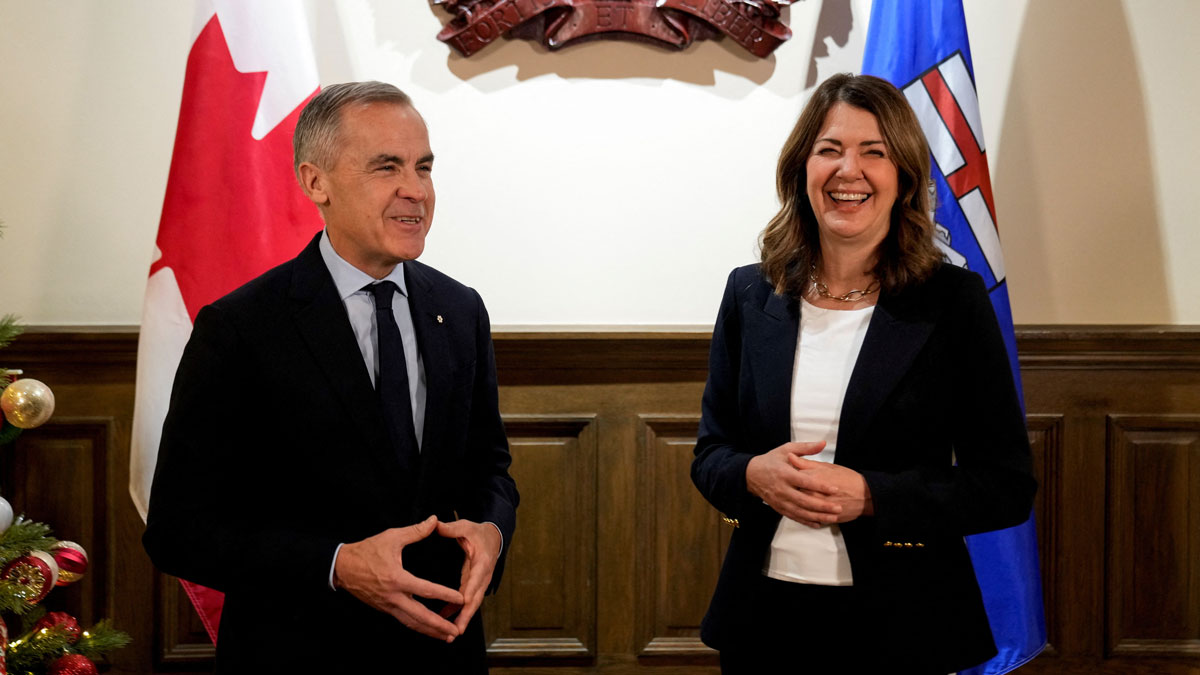Political crisis threatens N. Ireland's Good Friday peace deal
DUBLIN -- Northern Ireland’s power-sharing government was plunged into crisis Monday as its senior Catholic leader quit in a showdown with his Protestant colleague that could trigger a snap election and shatter the bedrock of the region’s peace deal.
Deputy First Minister Martin McGuinness, the former Irish Republican Army commander who has helped to lead the unity government for nearly a decade, said his resignation was the only effective way to challenge his power-sharing partner, First Minister Arlene Foster. She will be forced from office, at least temporarily, if an election is called.
In a copy of his resignation letter provided to The Associated Press, McGuinness accused Foster of ignoring “a public mood that is rightly outraged at the squandering of public money and allegations of misconduct and corruption.”
The government, formed under terms of Northern Ireland’s 1998 Good Friday peace accord, requires support from McGuinness’ Irish nationalist Sinn Fein party and Foster’s Democratic Unionists, who represent the British Protestant majority.
Their unlikely partnership has been credited with governing the long-disputed corner of the United Kingdom in relative harmony following four decades of bloodshed that claimed 3,700 lives.
But tensions between Sinn Fein and the DUP have come close to breaking point several times. And from the shadows, IRA splinter groups opposed to the outlawed group’s 2005 disarmament and renunciation of violence still seek to sow division and disorder.
In recent months, McGuinness repeatedly called on Foster to step aside while lawmakers investigate her alleged mismanagement of a government “green energy” program. Lawmakers estimate the program could cost taxpayers more than 500 million pounds ($600 million) in inefficiently distributed subsidy payments.
Foster, who became Northern Ireland’s first female leader a year ago, has rejected calls from other parties to relinquish the post and accuses her critics of misogyny.
She called McGuinness’ resignation “not principled,” and warned it would leave Northern Ireland without an administration “at precisely the time we need our government to be active.”
But opposition to Foster has been growing. Lawmakers from all other parties voted for Foster’s temporary removal in a Northern Ireland Assembly no-confidence vote last month. She survived solely because of backing from Democratic Unionist colleagues.
“That position is not credible or tenable,” McGuinness said in his resignation letter addressed to Assembly Speaker Robin Newton.
McGuinness said Sinn Fein would refuse to nominate a successor as deputy first minister, a position that wields equal power to Foster’s own in a system designed to promote consensus across the community divide.
If the position goes unfilled, the 108-member Assembly - elected barely eight months ago - would be dissolved for a fresh ballot. The next election normally would happen in May 2021.
Britain’s minister responsible for overseeing Northern Ireland, James Brokenshire, said he would be obliged to call an election if Sinn Fein didn’t nominate a successor within the next seven days.
During a news conference in his Stormont Castle office, McGuinness denied that his resignation was linked to health problems that have caused him to skip meetings and foreign trips. Sinn Fein has declined to specify McGuinness’ ailment.
McGuinness, 66, appeared to have lost weight and looked drawn. He spoke in an unusually weak, at times slurring tone.
“My health has absolutely nothing to do with this whatsoever,” McGuinness said.
McGuinness said power-sharing would not be easily revived.
“If the DUP think in the aftermath of an election they’re going to step back into ministerial positions short of resolving the critical issues,” he said, “then they’re living in a fool’s paradise.”






